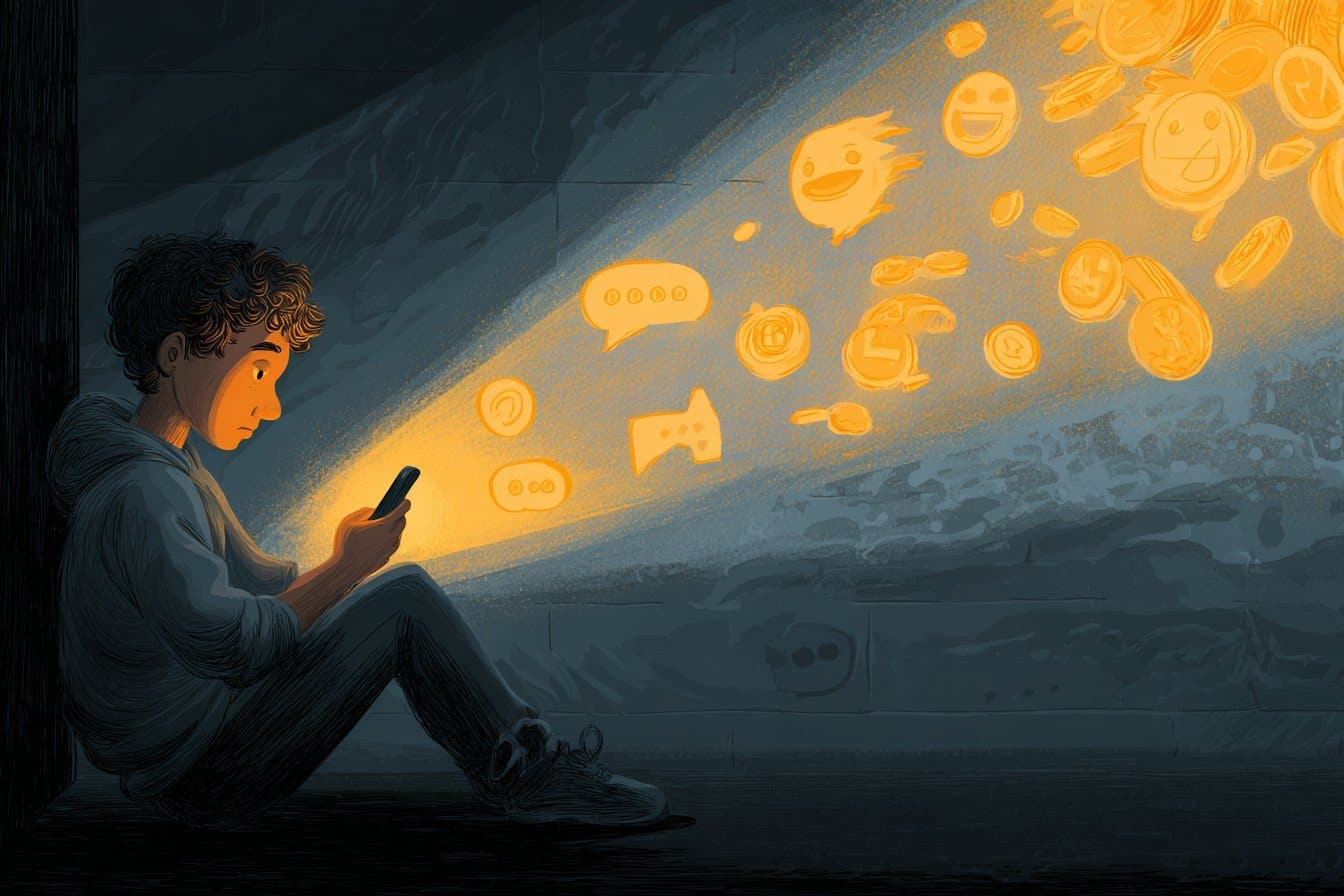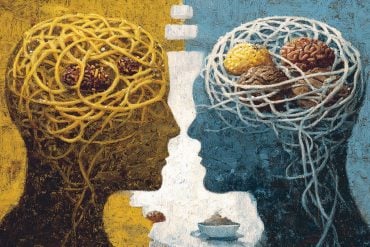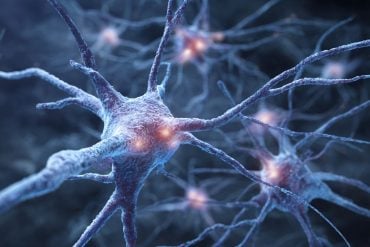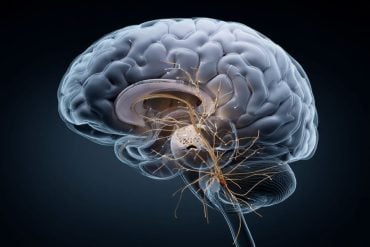Summary: A new study reveals that adolescents are highly sensitive to even brief periods of social isolation, showing a sharp increase in motivation to seek rewards after just a few hours alone. This heightened drive can encourage reconnection but may also lead to risky behaviors if social contact isn’t available.
When teens had access to social media during isolation, they reported less loneliness and showed a smaller rise in reward-seeking behavior. The findings highlight both the risks of isolation and the nuanced role social media plays in shaping adolescent well-being.
Key Facts
- Isolation Sensitivity: Teens became more motivated to seek rewards after only a few hours alone.
- Social Media Buffer: Virtual interaction reduced loneliness and curbed reward-seeking changes.
- Dual Impact: Increased reward-seeking may aid reconnection or increase risk-taking behaviors.
Source: University of Cambridge
When we feel socially isolated, our brain motivates us to seek rewards. Current theory holds that this is a beneficial evolutionary adaptation to help us reconnect with others.
The University of Cambridge-led study found that people in their late teens are very sensitive to the experience of loneliness. After just a few hours without any social interaction, adolescents make significantly more effort to get rewards.
This increased motivation to seek rewards can help with social reconnection. But when connecting with others is not possible, the behaviour change might be problematic – for example, by making some people more prone to seek out rewards such as alcohol or recreational drugs.
The study found that the effect was stronger in adolescents who reported feeling lonelier while in isolation. When study participants were allowed to interact with others on social media during isolation, they reported feeling less lonely – and their reward-seeking behaviour changed less dramatically as a result.
The report is published today in the journal Communications Psychology.
“Our study demonstrates just how sensitive young people are to very short periods of isolation,” said Dr Livia Tomova, first author of the report, who conducted the study while in the Department of Psychology at the University of Cambridge.
“We found that loneliness significantly increases adolescents’ motivation to seek out rewards – whether that’s more social contact, money, or something else,” added Tomova, who is now based at the University of Cardiff.
Studies suggest that adolescent loneliness has doubled worldwide over the past decade. Social media has been suggested as the culprit, but the researchers say many other changes in society could also be to blame.
“Social media can lead to loneliness in some adolescents, but our study suggests that this relationship is complex,” said Professor Sarah-Jayne Blakemore in the University of Cambridge’s Department of Psychology, senior author of the report.
She added: “Virtual interaction with others seems to make isolated teens less driven to seek external rewards, compared to when they are isolated without access to social media. That suggests social media might reduce some of the negative effects of isolation – but of course we don’t know what potentially harmful effects it might have at the same time.”
While study participants got less bored and lonely in isolation if they had access to social media, they still experienced the same decrease in positive mood as those without access.
Social interaction is a basic human need, and lack of it leads to loneliness. Until now there has been very limited understanding of how loneliness affects adolescent behaviour, with most scientific experiments carried out in animal models.
HOW WAS THE STUDY DONE?
Researchers recruited young people from the local area in Cambridge, UK, conducting extensive screening to gather a group of 40 adolescents aged 16-19 who had good social connections, no history of mental health problems, and average levels of loneliness for their age group.
Participants were given initial tests to establish their baseline score for each task. Then on two different days, they were asked to spend between three and four hours alone in a room before completing the same computer-based tasks again.
On one of the isolation days participants had no social interaction at all, but on the other they had access to virtual social interactions through their phone or laptop.
The study found that when virtual interactions were available, almost half the participants spent over half their time online – predominantly using Snapchat, Instagram and WhatsApp to message their friends.
Overall, the study found that participants became more motivated to look at images of positive social interactions, and to play games where they could win money, after being in isolation for around four hours. They were also better at learning how to get these rewards in ‘fruit machine’-type games.
If they could interact virtually with others while in isolation, they reported feeling less lonely. They were also less inclined to make an effort in the tasks than when they didn’t have virtual social interaction during their isolation.
About this loneliness and neurodevelopment research news
Author: Jacqueline Garget
Source: University of Cambridge
Contact: Jacqueline Garget – University of Cambridge
Image: The image is credited to Neuroscience News
Original Research: Open access.
“Acute isolation is associated with increased reward seeking and reward learning in human adolescents” by Livia Tomova et al. Communications Psychology
Abstract
Acute isolation is associated with increased reward seeking and reward learning in human adolescents
Social connection, a basic human need, is vital during adolescence. How a lack of connection impacts adolescent behaviour is unclear.
To address this question, we employed experimental short-term isolation with and without access to virtual social interactions (iso total; iso with media; order counterbalanced, both compared to a separate baseline session).
Using computational modelling and linear mixed-effects models, we assessed how isolation impacts self-reported loneliness, reward seeking and reward learning in adolescents (N = 40) aged 16–19 years. Self-reported state loneliness increased as a function of duration of isolation.
When participants had access to virtual interactions, they self-reported less state loneliness during isolation. Isolation was associated with faster decisions to exert effort for rewards and improved reward learning.
These effects were stronger in participants who reported higher state loneliness following isolation.
These results demonstrate that, in adolescents, isolation is associated with higher reward responsiveness, a key driver of motivation and decision-making.








